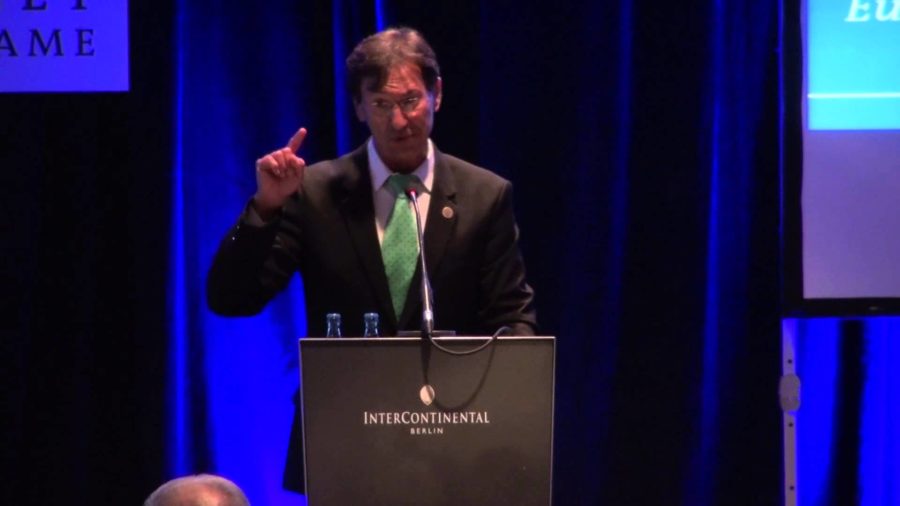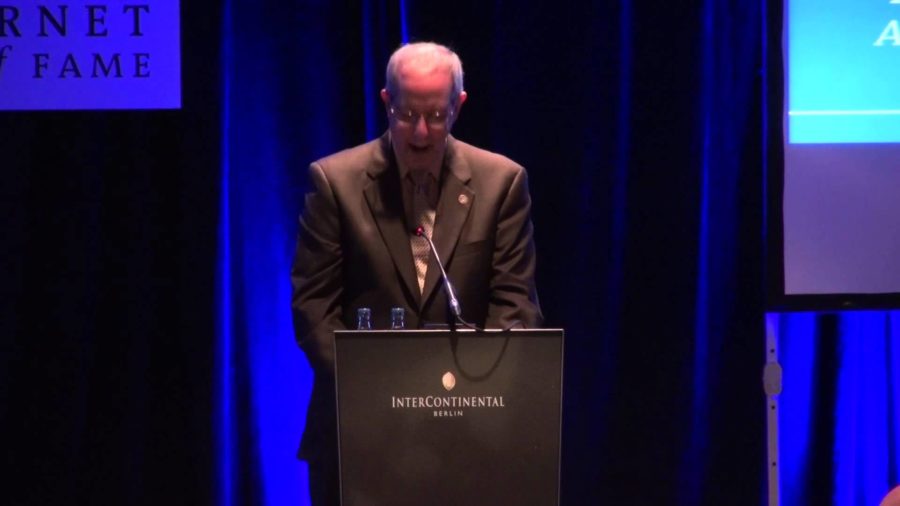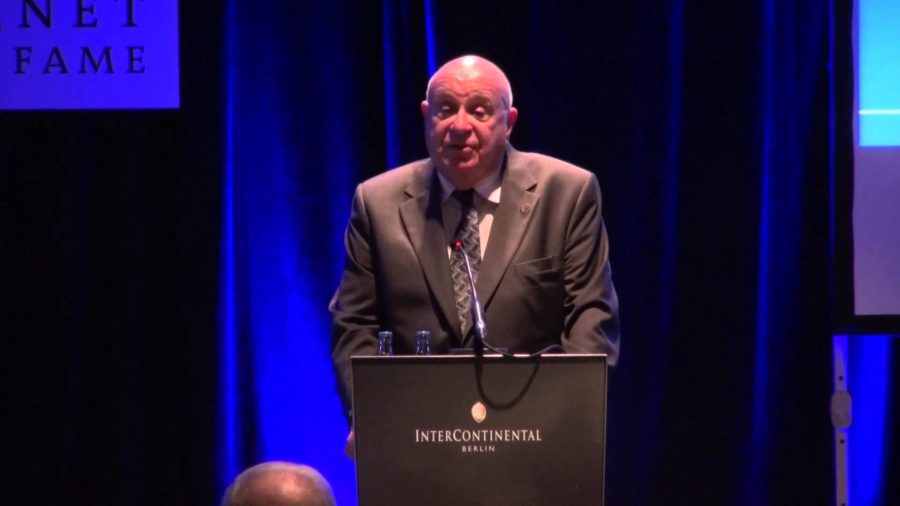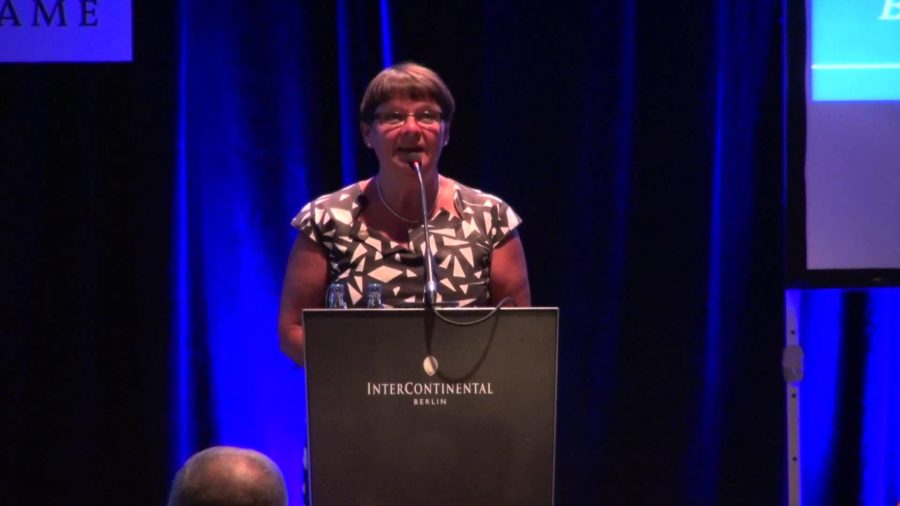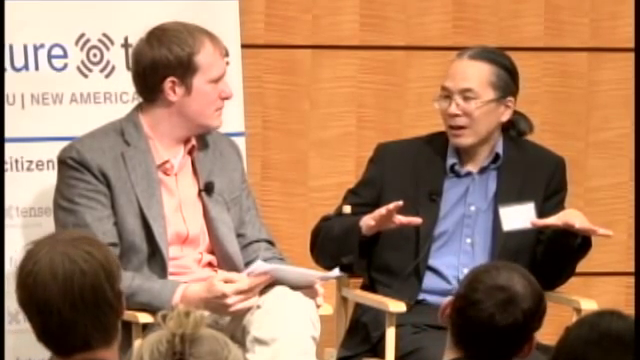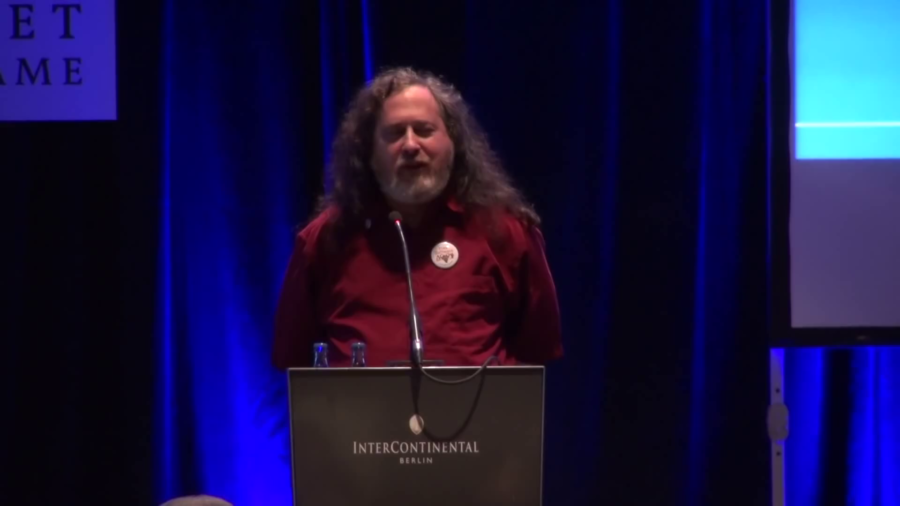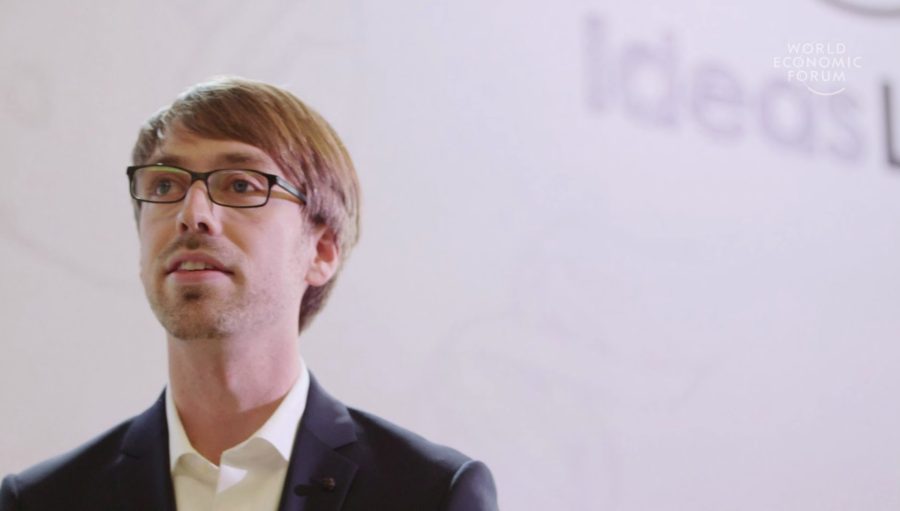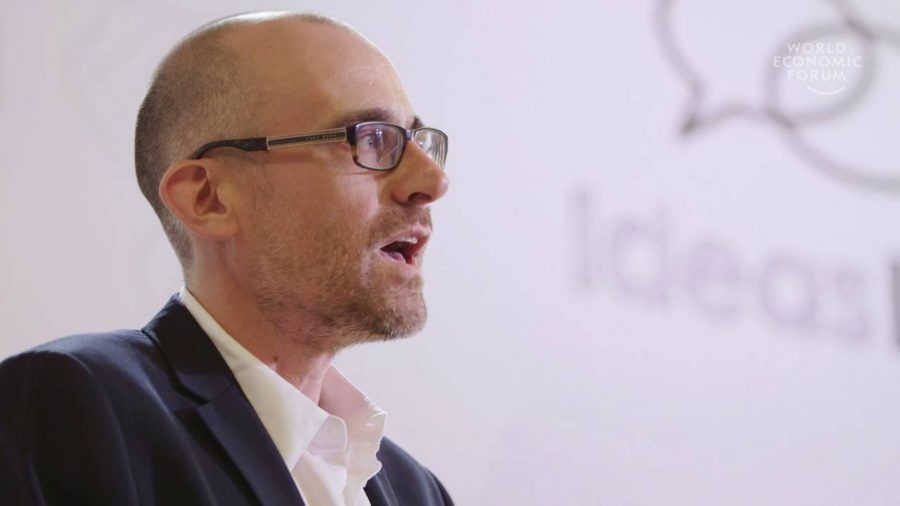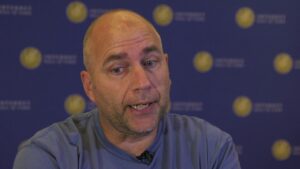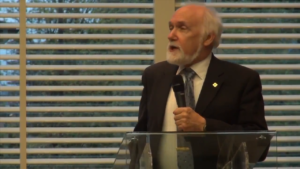CERN is a place where we try and understand where the universe comes from. And to do that we need technology. This is why we developed the Web.
Kill Switch episode 2: Taking the Shutdown to Trial
presented by Damar Juniarto, Felicia Anthonio, Natalia Krapiva, Shahad Azim
Your government claims that what it's doing is legal. That they are following the letter of the law. Could you perhaps make an argument against this claim? Could you prove that the Internet shutdown is in fact illegal, unconstitutional, and fundamentally undemocratic? If you could make that case, would they really let you win? Read more →

